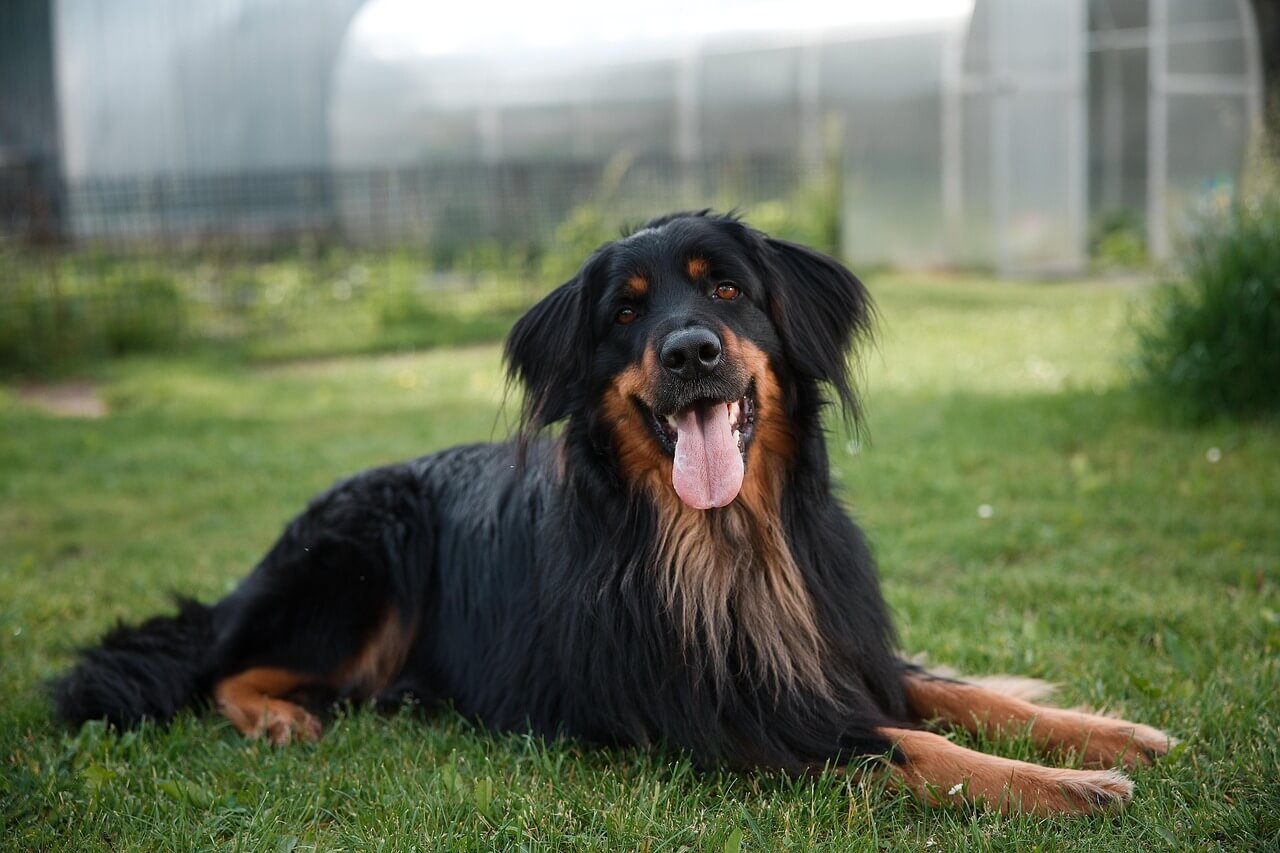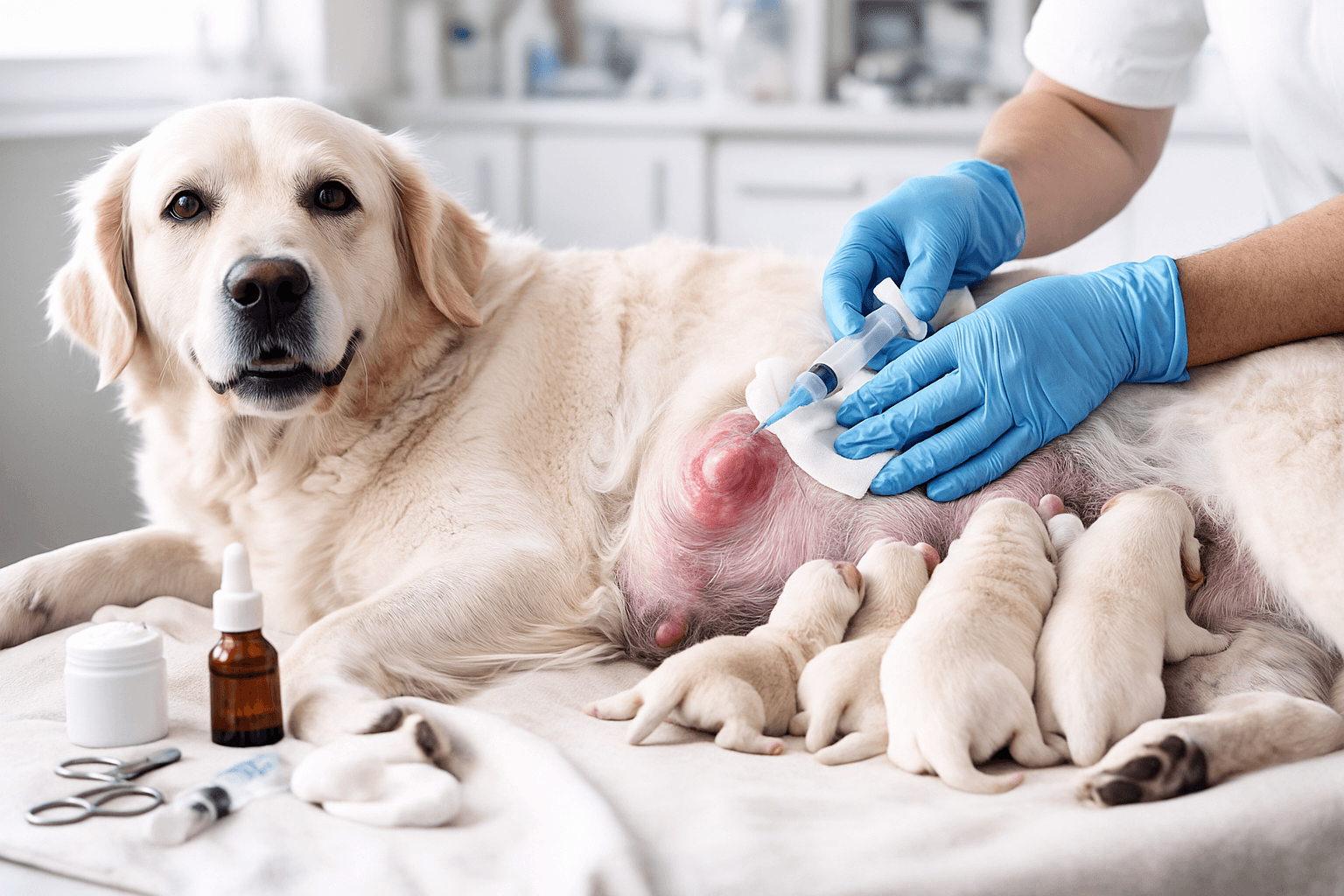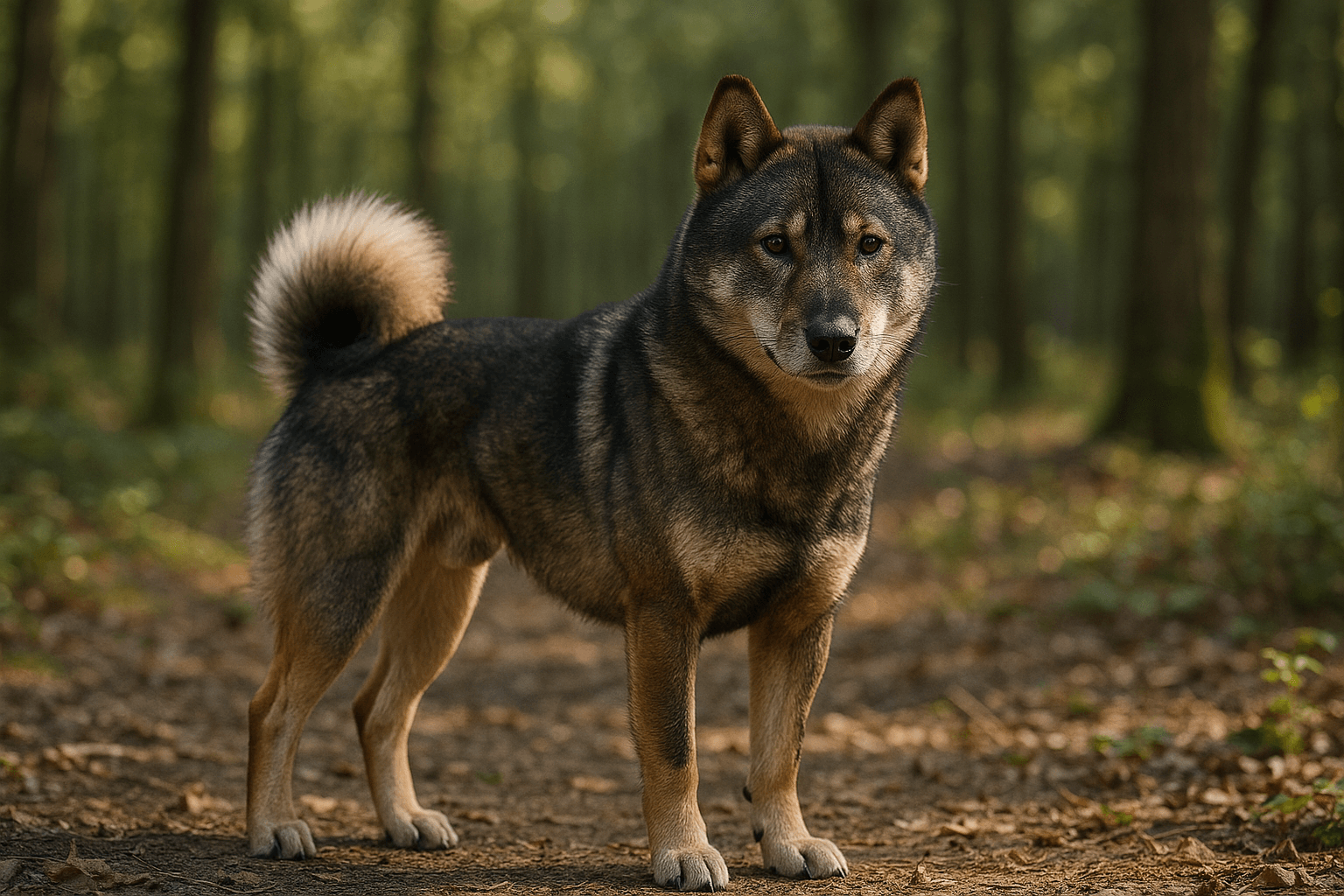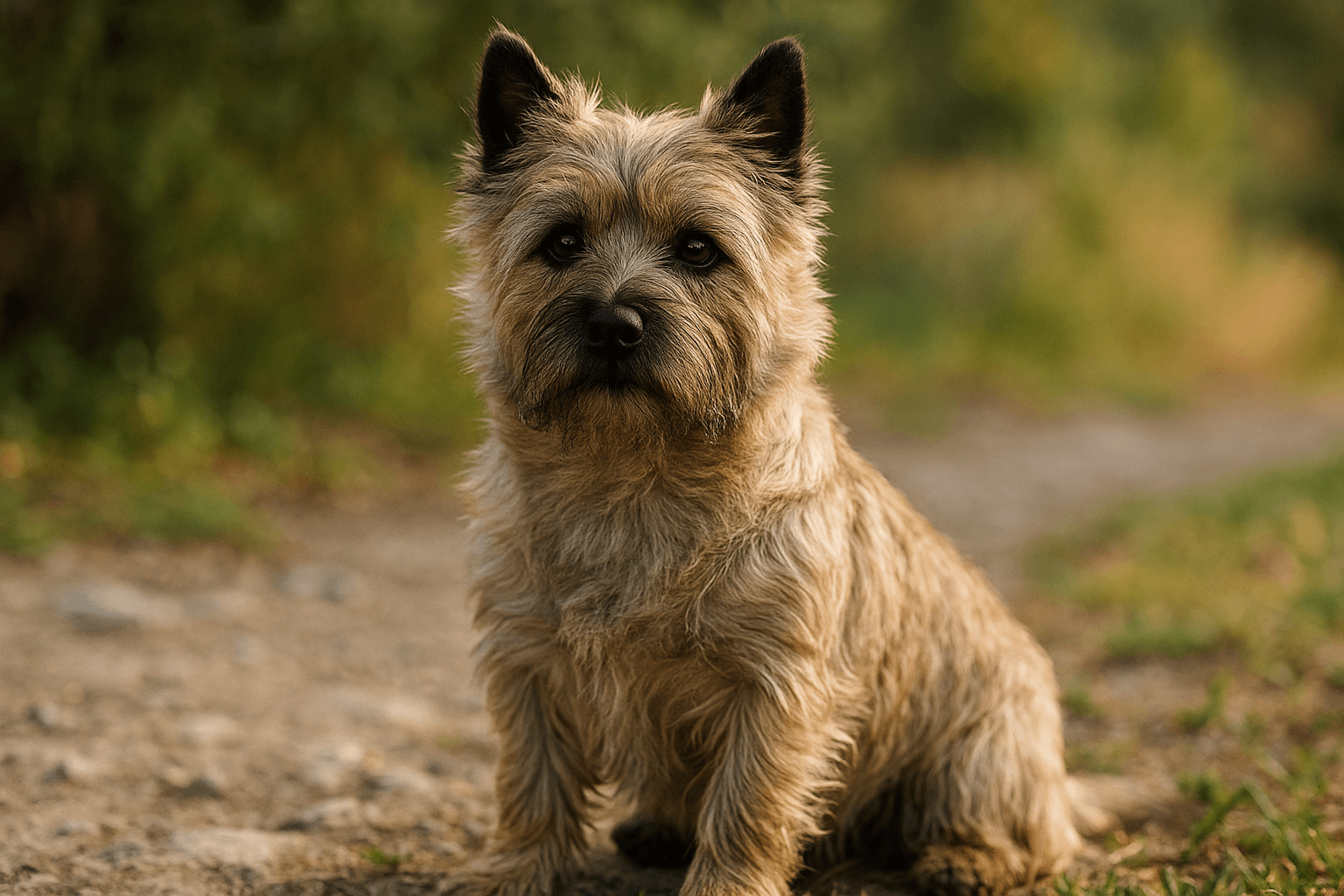Greater Swiss Mountain Dog Health Issues: What You Need to Know
The Greater Swiss Mountain Dog, often referred to as the “Gentle Giant,” is a loyal, affectionate, and hardworking breed known for its striking appearance and calm demeanor. However, like all breeds, these majestic dogs are prone to certain health issues that potential and current owners should be aware of. Understanding these conditions can help you provide the best possible care for your furry companion, ensuring they live a long, happy, and healthy life.
In this blog post, we’ll explore the most common Greater Swiss Mountain Dog health issues, prevention strategies, and tips for maintaining their well-being. Whether you’re considering adopting one of these gentle giants or already share your home with one, this guide will equip you with the knowledge you need.
Common Health Issues in Greater Swiss Mountain Dogs
Greater Swiss Mountain Dogs are generally robust and strong, but they are predisposed to certain genetic and acquired health conditions. Being aware of these issues allows you to take proactive steps in managing their health. Here are some of the most common health concerns associated with this breed:
Hip Dysplasia: A hereditary condition where the hip joint doesn’t develop properly, leading to arthritis and mobility issues.
Elbow Dysplasia: Similar to hip dysplasia, this affects the elbow joints and can cause lameness or discomfort.
Bloat (Gastric Torsion): A life-threatening condition where the stomach twists, cutting off blood flow and trapping gas.
Epilepsy: Seizures can occur due to genetic factors, requiring lifelong management with medication.
Urinary Incontinence: Some Greater Swiss Mountain Dogs may experience involuntary urine leakage, particularly in females.
These health issues highlight the importance of regular veterinary check-ups and early intervention. By staying informed, you can minimize the impact of these conditions on your dog’s quality of life.
Preventative Measures to Keep Your Greater Swiss Mountain Dog Healthy
Prevention is key when it comes to managing the health of your Greater Swiss Mountain Dog. While some conditions are genetic, many can be mitigated with proper care and attention. Here are some preventative measures you can take:
Regular Vet Visits: Schedule annual or biannual check-ups to monitor your dog’s overall health and catch issues early.
Balanced Diet: Feed a high-quality diet tailored to large breeds to support joint health and maintain a healthy weight.
Controlled Exercise: Avoid excessive strain on growing joints by limiting intense exercise during puppyhood.
Genetic Testing: If purchasing a puppy, ensure the breeder conducts health screenings for hip dysplasia, elbow dysplasia, and other hereditary conditions.
Monitor Eating Habits: Feed smaller, more frequent meals and avoid vigorous activity immediately after eating to reduce the risk of bloat.
By implementing these preventative measures, you can significantly improve your Greater Swiss Mountain Dog’s chances of living a long and healthy life. A proactive approach is always better than reactive treatment.
Check this guide 👉Australian Cattle Dog Health Issues: Best 7 Expert Tips!
Check this guide 👉Catahoula Leopard Dog Health Issues: Best 7 Health Tips!
Check this guide 👉Bernese Mountain Dog Health Issues: Best 7 Expert Tips!

Health Issue | Preventative Tips |
|---|---|
Hip Dysplasia | Maintain a healthy weight; avoid excessive jumping. |
Elbow Dysplasia | Limit strenuous activity during growth phases. |
Bloat (Gastric Torsion) | Feed smaller meals; use elevated feeding bowls. |
Epilepsy | Monitor for seizures; consult a vet for medication. |
Urinary Incontinence | Provide regular bathroom breaks; consult a vet if symptoms persist. |
Lifestyle Adjustments for Greater Swiss Mountain Dog Owners
Owning a Greater Swiss Mountain Dog requires making specific lifestyle adjustments to accommodate their size, energy levels, and health needs. These changes can significantly enhance their well-being and happiness. Here are some practical tips:
Create a Comfortable Space: Ensure your home has enough space for your dog to move freely without obstacles.
Provide Mental Stimulation: Use puzzle toys and interactive games to keep their minds sharp and prevent boredom.
Establish a Routine: Consistent feeding, walking, and sleeping schedules help reduce stress and promote good habits.
Invest in Joint Support: Consider supplements like glucosamine and chondroitin to support joint health as they age.
Socialization Opportunities: Regularly introduce them to new people, animals, and environments to build confidence and reduce anxiety.
By adapting your lifestyle to meet their needs, you create a harmonious environment where your Greater Swiss Mountain Dog can thrive. Small adjustments can make a big difference in their overall happiness.
Signs That Your Greater Swiss Mountain Dog Needs Veterinary Attention
While preventative care is essential, knowing when to seek veterinary help is equally important. Greater Swiss Mountain Dogs are stoic and may not always show signs of pain or discomfort until it’s severe. Here’s what to watch for:
Limping or Lameness: Difficulty walking or favoring one leg could indicate joint problems like hip or elbow dysplasia.
Swollen Abdomen: A distended belly accompanied by restlessness or drooling may signal bloat, requiring immediate care.
Seizures: Uncontrolled shaking, twitching, or loss of consciousness could be a sign of epilepsy.
Frequent Urination or Accidents: Increased urination or incontinence may indicate urinary tract issues or hormonal imbalances.
Lethargy or Loss of Appetite: A sudden lack of energy or refusal to eat could point to underlying health problems.
Recognizing these signs early allows you to address potential issues before they worsen. Always trust your instincts and consult a vet if something seems off with your dog.
Grooming Tips for Greater Swiss Mountain Dogs
The Greater Swiss Mountain Dog has a thick double coat that requires regular grooming to keep it healthy and manageable. Proper grooming not only enhances their appearance but also contributes to their overall health. Here are some grooming tips to keep your dog looking and feeling great:
Brush Weekly: Use a slicker brush or shedding tool to remove loose fur and prevent matting, especially during shedding seasons.
Bathe Occasionally: Bathe your dog every 6-8 weeks or as needed, using a gentle shampoo designed for dogs.
Check Ears Regularly: Inspect and clean their ears weekly to prevent infections caused by trapped moisture or debris.
Trim Nails: Keep their nails trimmed to a comfortable length, typically every 3-4 weeks, to avoid discomfort or joint problems.
Dental Care: Brush their teeth 2-3 times a week to maintain oral hygiene and reduce the risk of dental diseases.
Consistent grooming not only keeps your Greater Swiss Mountain Dog’s coat shiny but also provides an opportunity to bond with them. A well-groomed dog is a happy and healthy dog.
Exercise Needs of Greater Swiss Mountain Dogs
Greater Swiss Mountain Dogs are active and energetic, requiring regular exercise to stay physically and mentally fit. Meeting their exercise needs ensures they remain happy and healthy companions. Here’s what you should consider:
Daily Walks: Aim for at least 30-60 minutes of walking or jogging to burn off excess energy and keep them fit.
Playtime: Engage them in games like fetch or tug-of-war to satisfy their playful nature and strengthen your bond.
Mental Stimulation: Puzzle toys and interactive games challenge their minds and prevent boredom when you’re busy.
Off-Leash Exploration: Allow them to explore safe, fenced areas where they can roam freely and sniff around.
Swimming: Many Greater Swiss Mountain Dogs enjoy water activities, which provide excellent low-impact exercise for their joints.
By incorporating these activities into their routine, you ensure your dog stays physically active and mentally engaged. A tired dog is less likely to develop behavioral issues.
Training Tips for Greater Swiss Mountain Dogs
Training a Greater Swiss Mountain Dog requires patience, consistency, and positive reinforcement. These intelligent and eager-to-please dogs respond well to structured guidance. Here are some tips to make training a success:
Start Early: Begin training during puppyhood to establish good habits and prevent behavioral issues later on.
Use Positive Reinforcement: Reward-based methods, such as treats, praise, or playtime, work best with this sensitive breed.
Keep Sessions Short: Aim for 5-10 minute sessions to match their attention span and maintain engagement.
Be Consistent: Use the same commands and routines to avoid confusion and reinforce learning effectively.
Socialize Extensively: Expose them to different environments, people, and animals to build confidence and reduce anxiety in new situations.
With consistent effort and a positive approach, training your Greater Swiss Mountain Dog can be a rewarding experience that strengthens your bond. A well-trained dog is a joy to have around.
Frequently Asked Questions About Greater Swiss Mountain Dog Health Issues
What is the average lifespan of a Greater Swiss Mountain Dog?
Greater Swiss Mountain Dogs typically live 8-11 years with proper care and attention to their health.
Are Greater Swiss Mountain Dogs prone to obesity?
Yes, they can gain weight easily if overfed or under-exercised, which can exacerbate joint issues.
How can I prevent bloat in my Greater Swiss Mountain Dog?
Feed smaller meals, avoid exercise right after eating, and consider using elevated feeding bowls.
Can hip dysplasia be cured?
While there’s no cure, treatments like physical therapy, medications, or surgery can manage symptoms effectively.
Do Greater Swiss Mountain Dogs need special diets?
A diet formulated for large breeds with joint-supporting nutrients is ideal to maintain their health.
In Conclusion: Ensuring a Healthy Life for Your Greater Swiss Mountain Dog
Understanding the health issues associated with Greater Swiss Mountain Dogs empowers you to provide the best care possible for your beloved pet. From preventing common conditions like hip dysplasia and bloat to recognizing signs of distress, every step you take contributes to their well-being. With their gentle nature and unwavering loyalty, these dogs enrich our lives in countless ways. By staying informed, proactive, and attentive, you can ensure your Greater Swiss Mountain Dog enjoys a fulfilling and joyful life by your side. Remember, a healthy dog is a happy dog—and a happy dog makes for a happy home.
Spleen Cancer in Cats: Best 7 Expert Tips! – Expert insights on symptoms, care, treatment & quality of life for feline spleen cancer.
Dog Mastitis Treatment: Best 7 Expert Tips! – Safe, vet-approved care for nursing moms & prevention strategies.
The Shikoku Ken Dog: Best 7 Expert Tips! – Discover expert care, training & health advice for this rare, loyal Japanese mountain breed.
The Cairn Terrier Dog Breed: Best 7 Expert Tips! – Discover care, training & health advice for this spirited, loyal Scottish terrier.





